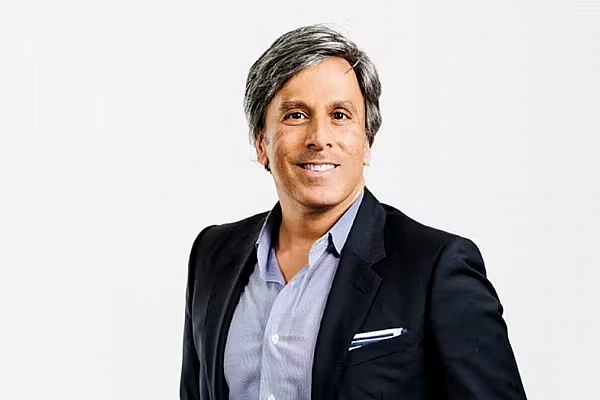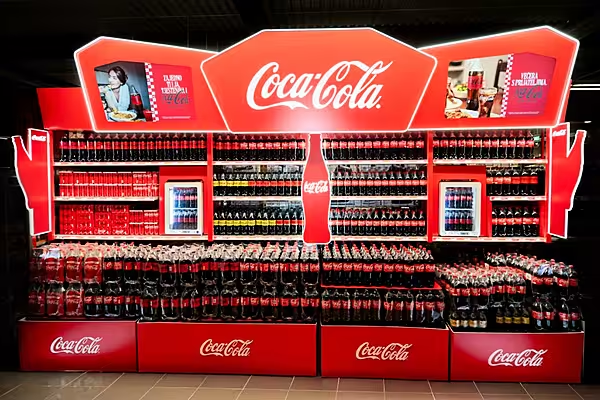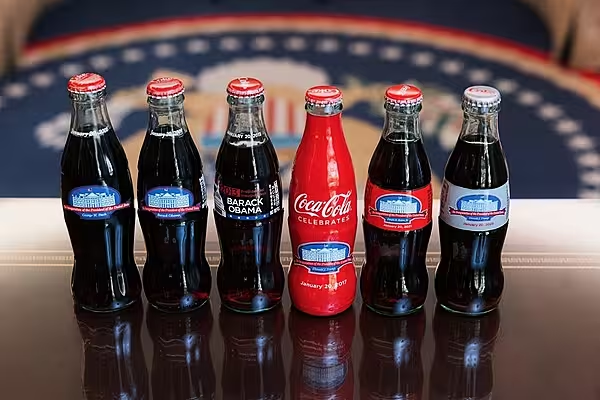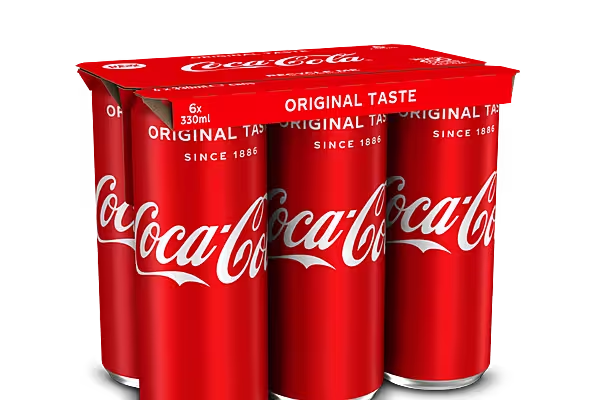At the start of August, Coca-Cola Europacific Partners (CCEP) announced plans to jointly acquire Coca-Cola Beverages Philippines (CCBPI) alongside Aboitiz Equity Ventures (AEV), as it seeks to become the world's largest Coca-Cola bottler by revenue and volume.
The $1.8 billion (€1.64 billion) deal will see CCEP take 60% ownership of the business, with Philippines conglomerate Aboitiz responsible for 40%.
CCEP reported a 8.5% increase in revenue in the first half of its financial year, to €8.98 billion, with operating profit rising 21.0%, to €1.17 billion.
ESM caught up with Coca-Cola Europacific Partners' chief financial officer, Nik Jhangiani, to discuss the implications of the Philippines deal, and the group's wider growth expectations.
ESM: What new opportunities does the acquisition of Coca-Cola Beverages Philippines present for CCEP?
Nik Jhangiani: CCBPI has high market shares in an attractive and growing beverages category, operating in a country with solid underlying macroeconomics. It has an 111 year history, and was the first Coca-Cola market outside the Americas.
CCBPI is a successful and profitable business in a growing market – the second most populous market in South East Asia and eighth largest market by volume for the Coca-Cola system globally. It will also enable CCEP to become the largest Coca-Cola bottler in the world by both revenue and volume.
On top of that, the partnership with Aboitiz Equity Ventures Inc. (AEV) gives us the platform to work alongside a leading conglomerate in the local market, and a business with which we share the same focus on people, culture, innovation and sustainability.
This deal represents the chance for our two great companies to come together to unlock even more potential for the CCBPI business – through our combined local leadership, commitment and investment, as well as international business and bottling experience.
How important is geographical diversification to the business, and in what regions are you currently focusing on developing a larger footprint? And why?
This acquisition will help us create a more balanced and diversified footprint within our existing API (Australia, Pacific and Indonesia) portfolio, which we have focused on expanding in recent years.
Our strategic mid-term ambition is to pursue diversification and scale within our business as a means of achieving sustainable and stronger growth.
It also presents an opportunity to share learnings and best practice between emerging markets in the Philippines and Indonesia.
To what degree is the high-cost environment still impacting CCEP, and in what specific areas is cost inflation a big issue?
Our performance indicates that CCEP is both a market leader within the consumer goods industry and well placed to cope with macroeconomic uncertainty.
There is evidence of some easing in supply chain tension and cost inflation over the last quarter, however, we will continue to act with caution and carefully manage our costs.
We continue to work with our consumers to optimise our price, range and package architecture, enabling us to both expand the category and create value whilst maintaining the affordability of our products.
Overall, we haven’t seen a material change in the demand for our products, demonstrating that CCEP has a strong and loyal consumer base.
Much of the revenue growth in CCEP's half-year results was driven by price increases. Do you anticipate that prices will start to come down in the coming months and what effect will this have on the company's like-for-likes?
Our performance in the first half of 2023 was driven by several key trends and factors, including strong performance of our energy and sports categories, consumer trends and appetite towards low and no sugar products, and innovation with our portfolio flavours.
Our volume growth demonstrates sustained levels of consumer demand for our products – with Europe seeing a 2.5% increase to 1.3 million unit cases.
Like many other businesses, we continue to navigate a challenging economic environment, and our margins are still down versus where we were in 2019. But our main priority remains unchanged: to stay relevant and affordable for our consumers. We are continuing to invest in the business, and our results are on the back of multiple years of investment in the category as a whole.
We continue to deliver strong quarterly results, which demonstrates our ability to create value for our customers, maintaining our focus on delivering the right brands and packs in the right customer channels with the right pricing and promotion strategy.
CCEP expects operating profit growth to be 12% to 13% this year, up from the previously stated 6% to 7%? What are the core reasons for the more optimistic forecast?
Our first-half results reflect the ongoing strength and resilience of the business and our commitment to creating sustainable value for our shareholders, customer, colleagues and communities.
Despite the challenging economic backdrop, we have been able to sustain the level of consumer demand for our products, and have several significant activations planned in H2 that we expect to positively impact our performance.
This includes Coca-Cola’s recent sponsorship of the Women’s World Cup, flavour innovation for our Monster brand and exciting new Halloween flavours for Fanta.
To what degree has the away-from-home (AFH) market recovered for CCEP since the pandemic, and can we expect to see a doubling down of efforts in this segment now that COVID-19 appears to be largely behind us?
In recent quarters, we have continued to see the benefits of the recovery of the AFH market following the pandemic. The growth in the AFH channel has also been supported by several other factors and trends that have emerged over the last couple of years including strong summer weather, the return to tourism and strong demand during festive periods like Ramadan.
We see further opportunities in the AFH channel and look forward to pursuing these in various markets.
In what areas can we expect to see a ramping up of sustainability investment at CCEP in the short- to medium-term?
We are driving investment and progress towards our sustainability commitments guided by our sustainability action plan, This is Forward, and continue to be recognised as a sustainability leader.
In the last half we reached a number of key milestones, including the launch of our first 100% rPET bottles in Indonesia and have continued to invest in sustainable alternatives to virgin plastics. We also installed a PET plastic grinder in Papua New Guinea to support the supply of rPET and reduced carbon emissions from our logistics by introducing electric trucks in Luxembourg, Belgium and Spain.
Looking ahead, we will also continue our commitment to investment into our sustainability action plan through our innovation engine, CCEP Ventures.














